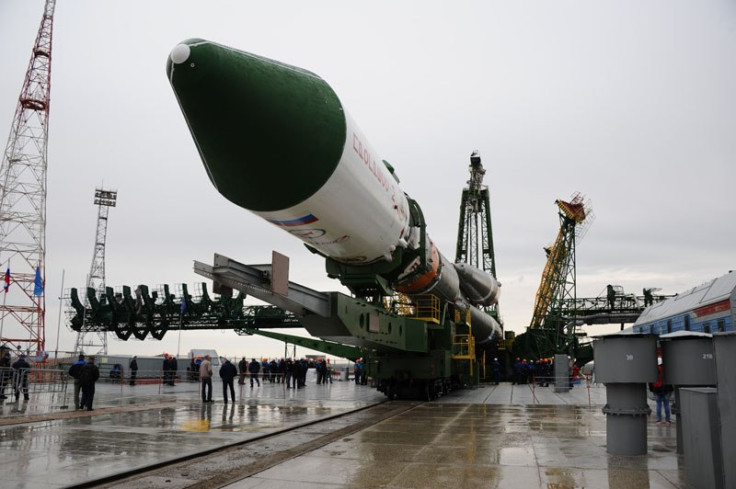Russia may be building a nuclear-powered satellite that could fire lasers to charge spacecrafts
According to reports, KB Arsenal is expected to present a blueprint for this technology by 2018.

Roscosmos, the Russian space agency has reportedly made a contract with KB Arsenal, a research facility based out of St. Petersburg to build a nuclear-powered satellite. The satellite is also touted to have a laser system that can recharge other satellites and even spacecraft in orbit.
The project was reportedly revealed when KB Arsenal was roped in to study the "space nuclear power plant". An RT report says the space agency is eyeing a nuclear reactor with a power output of between 100 kW and 1,000 kW. The report adds that it will also have a laser beam that can power other satellites.
Using lasers to power and recharge is a concept that has been around for some time now, notes Popular Mechanics.
Small, electrical powered drones, for example, were charged mid-air in a demonstration by Lockheed Martin. They were able to charge a drone using focused laser beams pointed at a photovoltaic cell attached to the wing of the aircraft.
KB Arsenal is reportedly expected to present a blueprint for this technology by 2018. This includes technical specs as well as possible orbits where this space nuclear power plant can be deployed.
The RT report mentions that both the US and Russia tested nuclear options for space flight in the past, but the then USSR studied it in more detail, using it in over 30 missions. KB Arsenal was also the maker of the Topaz reactor, which was apparently tested on two thermionic converters –a device that under high temperature, inside a vacuum tube, converts heat into electricity– on satellites in the 1980's.
Russia is also working on a nuclear propulsion system for space, noted the report. It could be used for deep space missions. Orbital satellites, however, are better off using solar panels to power them, noted the report, that could mean this project could end up as a proof of concept rather than an actual working model.
IBTimes UK could not independently verify this news, but if Roscosmos is able to pull this off, it could be the first nuclear-powered satellite in space since the USSR launched one in 1988.




















